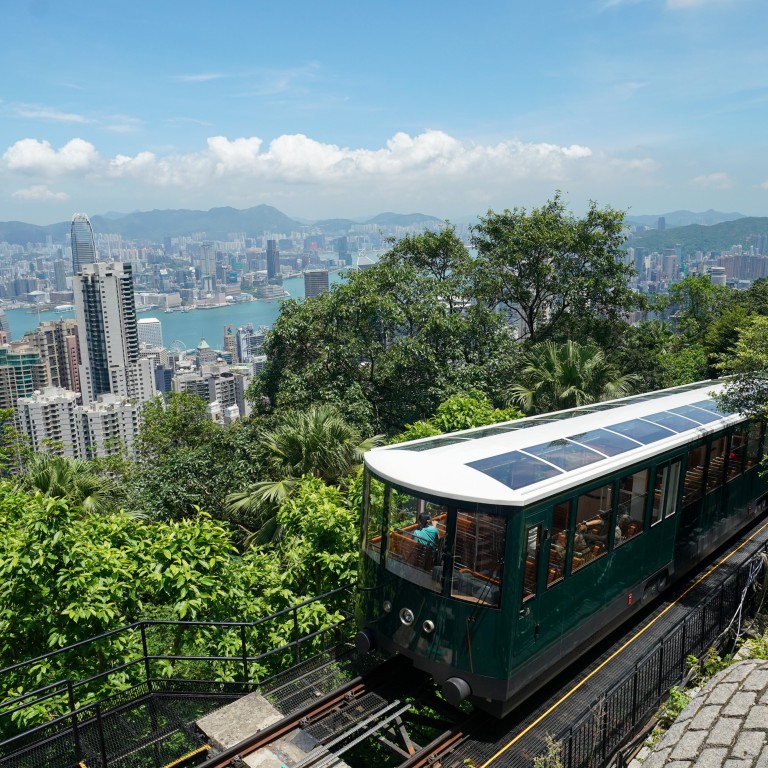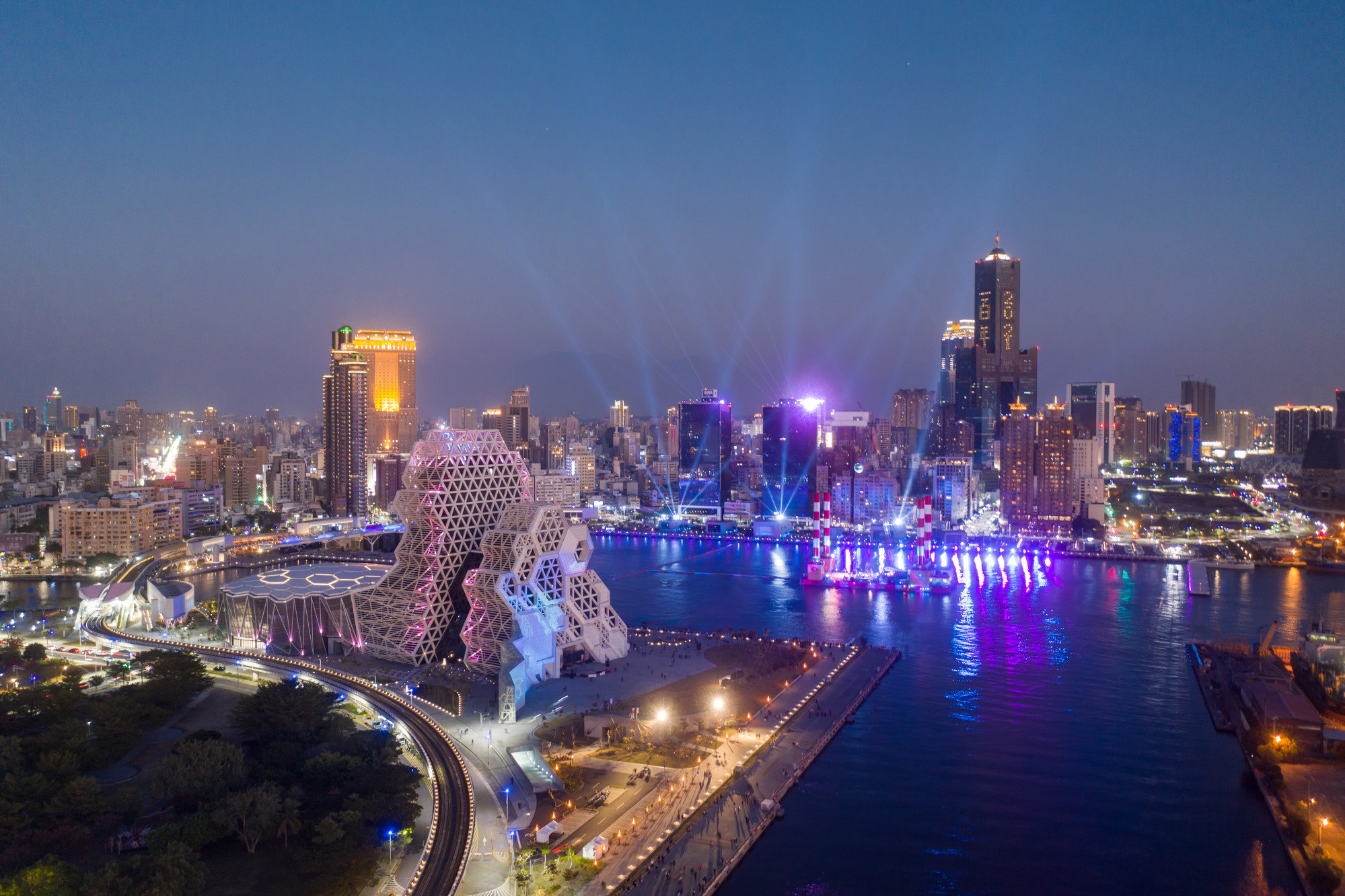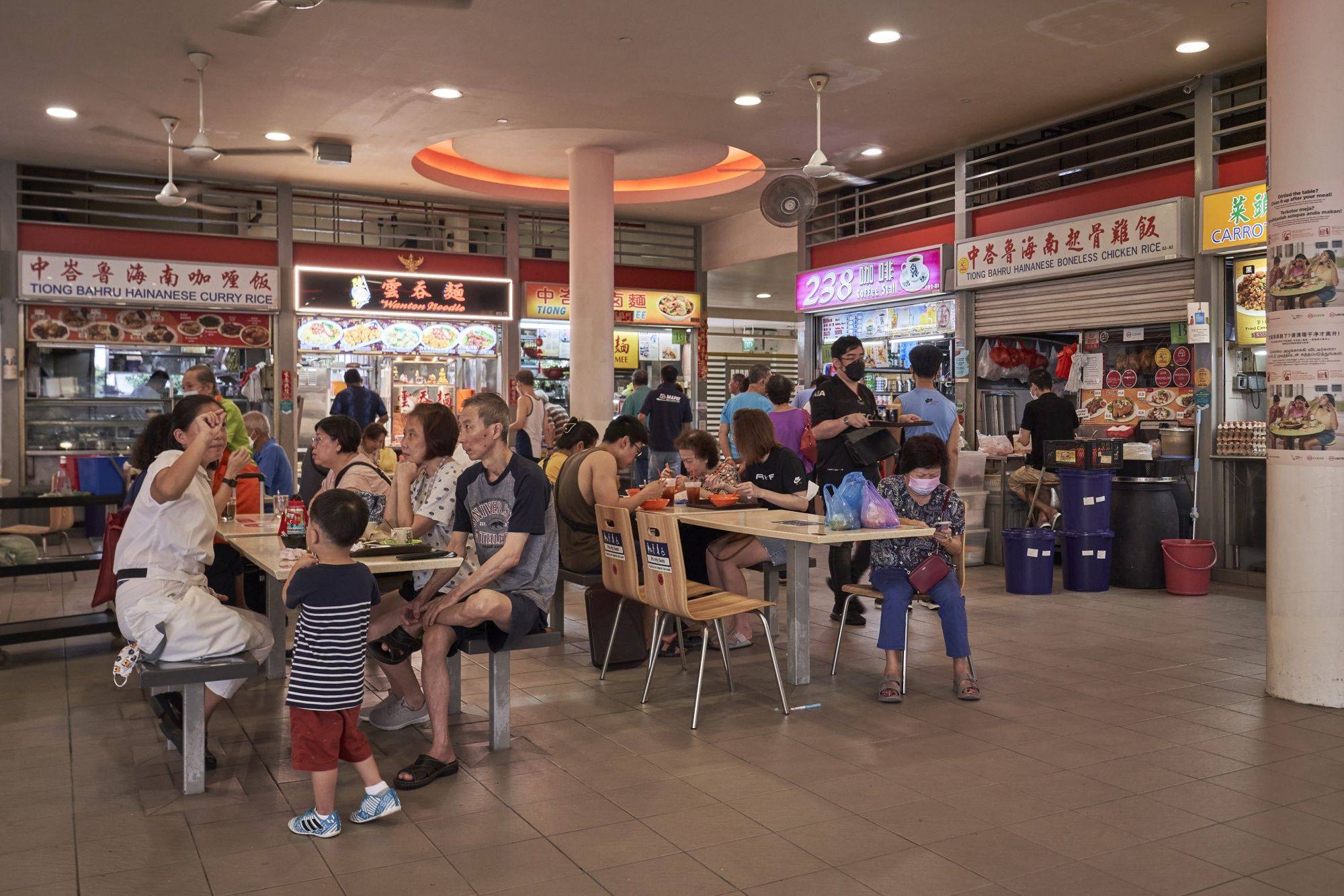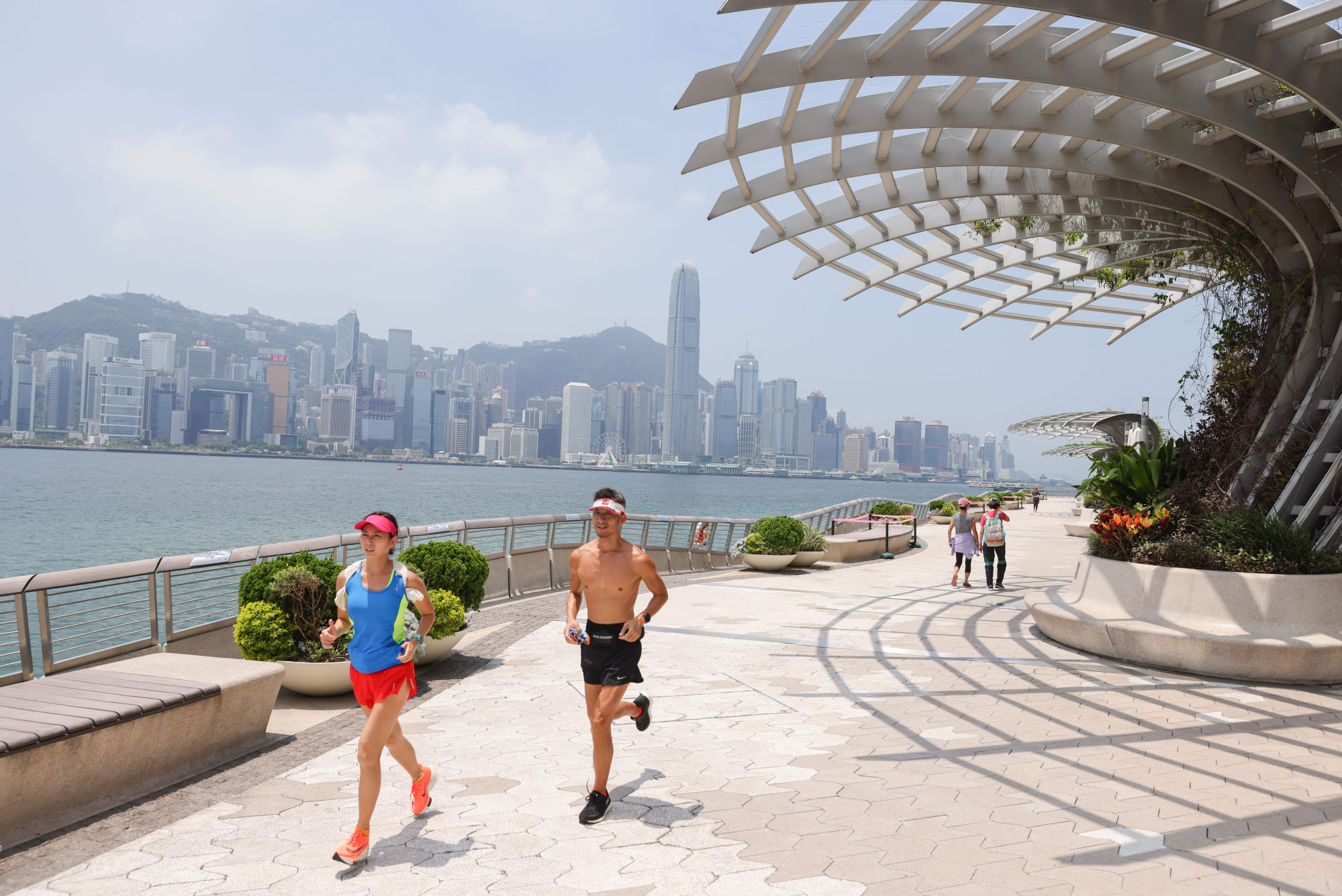
As Singaporeans in Hong Kong eye visits home, city state’s residents feel pull of Japan and Taiwan
- Muted reaction in Singapore as some residents opt to wait for Hong Kong to become ‘restriction-free’ before visiting, say city has lost its appeal
- Hong Kong’s gradual reopening will level playing field, but there is still room for Singapore to consolidate status as financial hub, analysts note
The end of Hong Kong’s mandatory hotel quarantine for travellers has brought some cheer and relief to Singaporeans in the city, with many eyeing visits back, but reactions in their home country are more muted.
“Travelling back more often would definitely be an option but travels everywhere else would also be on my to-do list,” the 36-year-old said. “[The new measures] have given Hong Kong residents a lot of excitement of finally being able to travel.”
Hong Kong has dropped Covid hotel quarantine: how did it get to this point?
For now, Singapore civil servant Lee Hui En said she found Hong Kong’s guidelines “confusing”. The 26-year-old would rather wait for restrictions to ease further before visiting the city, especially when there were other alternatives in the region for a holiday.
“I will definitely be enticed to visit Hong Kong if it removes more measures as it will be more convenient for us to travel around with ease,” she said. “I’m not in a hurry to go, anyway.”
Taiwan on Thursday said it would fully reopen its borders from October 13, with travellers made to self-monitor for seven days upon arrival. Japan, meanwhile, will from October 11 allow fully vaccinated tourists to enter without visas or an earlier-mandated travel agency booking.
Teo said Japan was one of her favourite destinations before the pandemic as it offered a variety of activities and attractions. If Hong Kong was “restriction-free”, she would have planned a short visit to the city.

Some Singaporeans say Hong Kong still has a long way to go before the city joins the rest of the world in opening up.

Singapore in April scrapped the use of its TraceTogether contact-tracing app as part of its reopening plans but in Hong Kong, residents are still required to use the “Leave Home Safe” app.
One Singaporean, who wanted to be known as Yeo, felt that Hong Kong could have remained competitive as a tourist and financial hub if it had opened up earlier. He noted there was little excitement among his friends following the Friday announcement.
“It’s very apparent,” said Yeo, who works in the tourism industry. “Hong Kong has lost its attractiveness.”

Song Seng Wun, economist at CIMB Private Banking, suggested Hong Kong authorities could have realised the financial toll of not opening up and decided to put the economy on a more stable footing.
Meanwhile, regional rivals such as Singapore have been taking advantage of their stable Covid-19 situations to attract talent and large-scale events.
“Obviously [Hong Kong] sees that the loss of talent is one economic cost,” he said.
Singapore overtakes Hong Kong in new global financial centre rankings
Lloyd Chan, senior economist at Oxford Economics, said Hong Kong’s move signalled the city would continue to reopen, reconnect and regain its competitiveness as a global financial hub.
“We expect the easing of border restrictions will remove a significant hurdle for the city to attract and compete for talent,” he said. “It will certainly level the playing field once again.”
Song said he was optimistic banks would soon realise Hong Kong’s importance when financial activity there picked up again. Then, there would be a corresponding influx of talent.
But this did not necessarily mean room for Singapore to consolidate its status as a regional financial hub had narrowed, Chan said. Both cities have their strengths, with Hong Kong acting as a gateway to China and Singapore serving Southeast Asia.
“Competition will remain between Singapore and Hong Kong but they also complement each other,” Song added. “There is room for both cities.”


